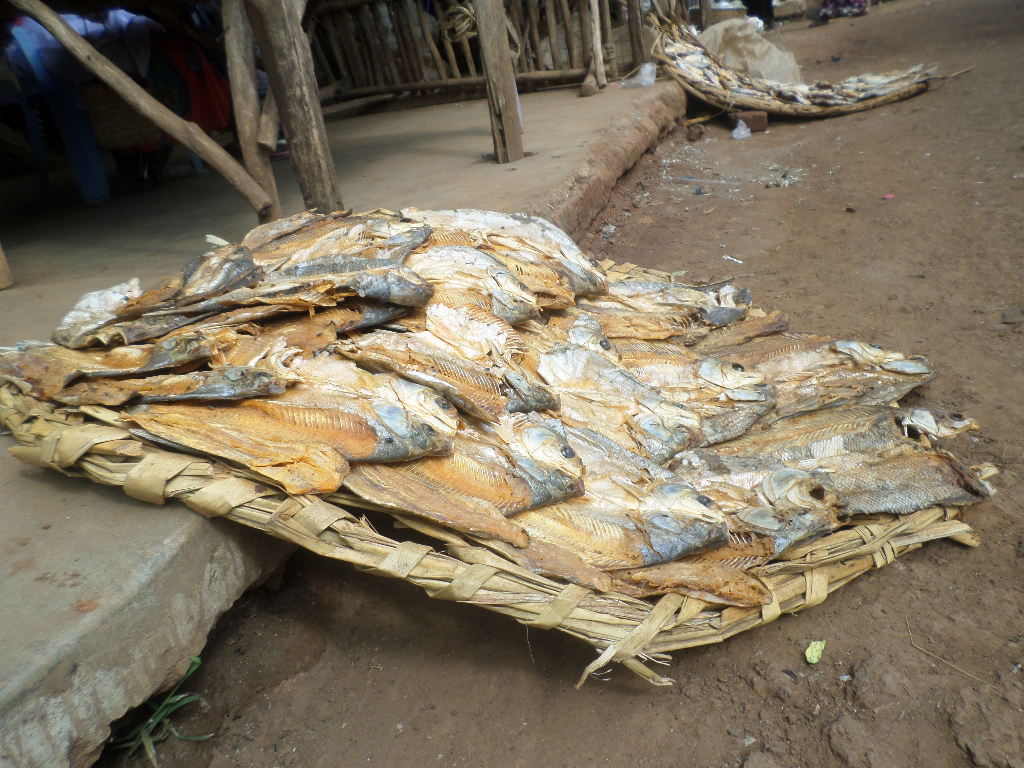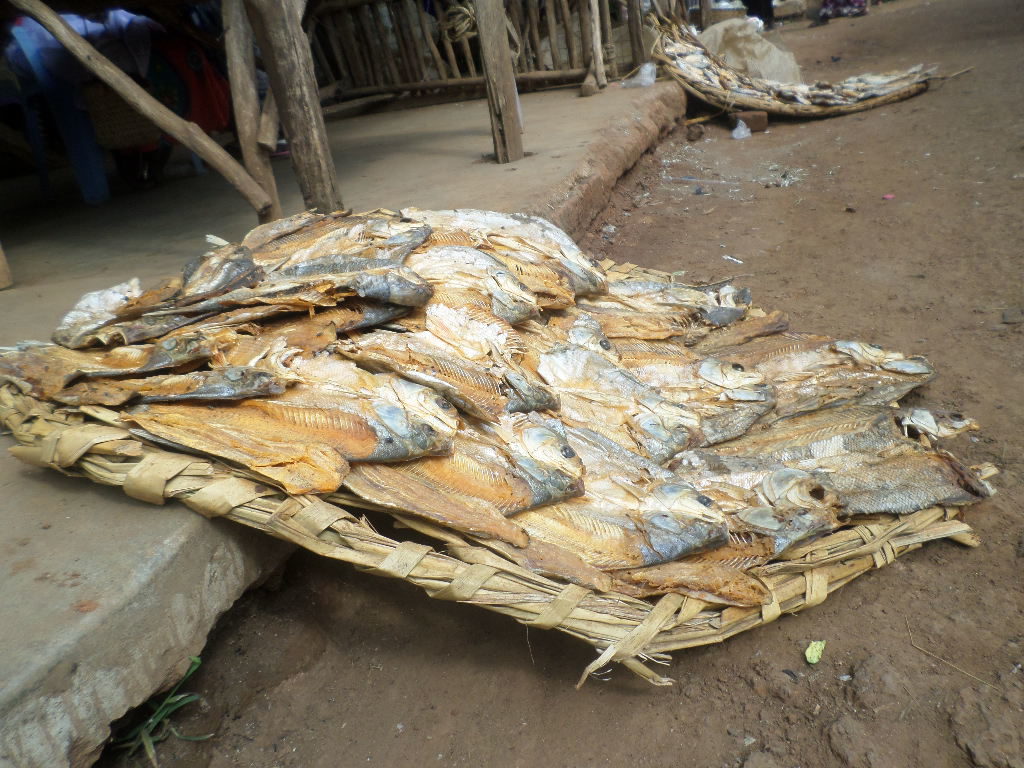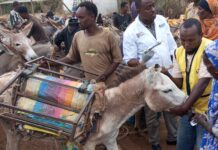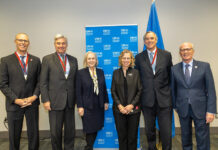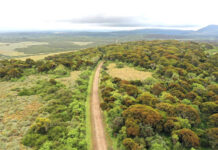By Okong’o Oduya
Normal fishing operations in Lake Victoria have been reduced to only five days a week as one way of addressing rapid decline of fish population in the Lake.
According to Busia county director of fisheries Timothy Odende, they have consulted other stakeholders in the sector in reaching at the decision in order to restore fish stock in the lake.
“After several consultations with other stakeholders in the sector including beach management committees, the fisheries and people living around the lake decided to prohibit fishing during weekends as a measure that seeks to increase stock in the lake,” Timothy Odende said.
In an interview in his office in Busia county offices Odende blamed over fishing, water pollution, poor fishing gears and climate change among other causes being behind the reduction of fish in the lake, a move he said has contributed to the increase of price for the commodity.
He further said that if this trend will not be controlled a good number of youth and women who depend on the fishing sector will be rendered jobless.
“Shortage of fish is now being felt as prices continue to increase daily. This will also render many of our youth and women jobless,” He told Talk Africa
“This is a serious problem that cannot be overlooked or solved by arresting the fishermen or use of law enforcement as our neighbors do. We need to dialogue and understanding among all stakeholders,” He added.
To curb the situation Mr Odende noted that due to scarcity of the commodity as the demand increases, the county government has partnered with Programmes for Agriculture and Livelihoods in Western Communities (PALWECO) and launched a pilot project in aquaculture, commonly known as cage fish farming to help beef up the stock.
“We want to ensure the entire shore lines have cages where instead of fish hunting, we want to invest in fish farming. Here we give farmers fingerlings which are reared and fed on floating pellets to maturity,” he explained.
He further noted that county government with PALWECO, they are planning to revive over 3,200 fish ponds commissioned under Economic Stimulus Programme (ESP) by distributing fingerlings and farm input s to farmers.
“Through this programme, we have encouraged fish farmers in each sub county to form a cluster and have a production co-operative society as a way to increase the stock. We expect our farmers produce fish in bulk this will help in reducing cost of production. At the county level, we have organized Busia aquaculture union,” he said.
Odendo hinted out that the county government has also sourced for an investor from Finland who will partner with farmers through their union to set up a full-fledged fish processing factory and hatchery.
“If the pilot project succeeds, Busia County will experience increase in fish production from current four tones daily produce to over 2,000. Farmers will have shares in the factory a move that will see them benefit from the profit made from their shares.”
Kenya intends to tap in blue economy where fishing is one of the critical sectors which it intends to upgrade to allow people fetch more money in the fish value chain.

